The Ukrainian Revolution of Dignity, also known as the Euromaidan protests, reached a tragic climax on 20 February 2014 when nearly 50 protesters were killed in violence in central Kyiv, with over 80 sustaining gunshot injuries. The protests were sparked in part by President Viktor Yanukovych's rejection of a trade deal with the EU in favor of ties with Russia. Many Ukrainians saw European integration as pivotal for democracy and prosperity, so Yanukovych's decision met massive protests calling for EU integration and his resignation.
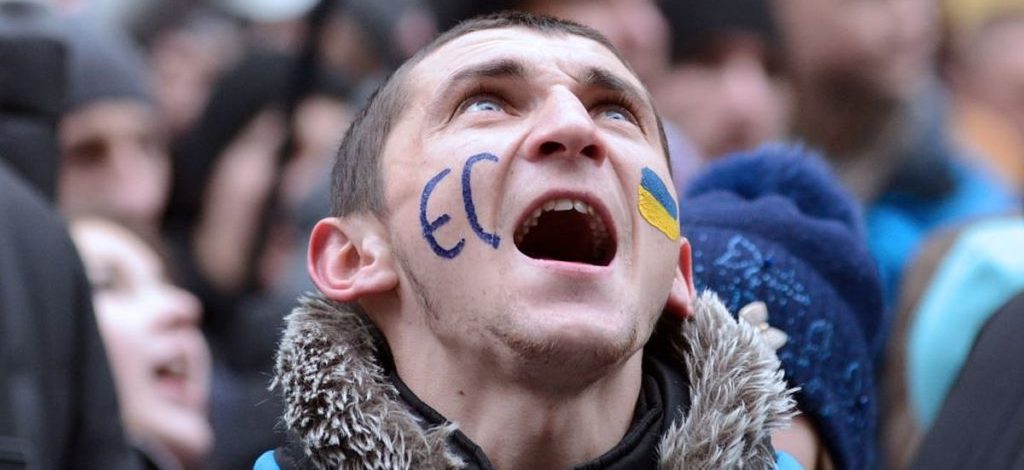
The investigation into the Euromaidan massacre spanned almost a decade, marked by high-profile scandals. In total, during the EuromaidanUkrainian Revolution of Dignity, 108 protesters lost their lives and are famously remembered as the Heavenly Hundred. However, these events marked the beginning of a new era in Ukraine's history.
Who faced trial?
The court in Kyiv sentenced five former Berkut special police unit members who had quelled the Euromaidan protests during the winter of 2013-2014.
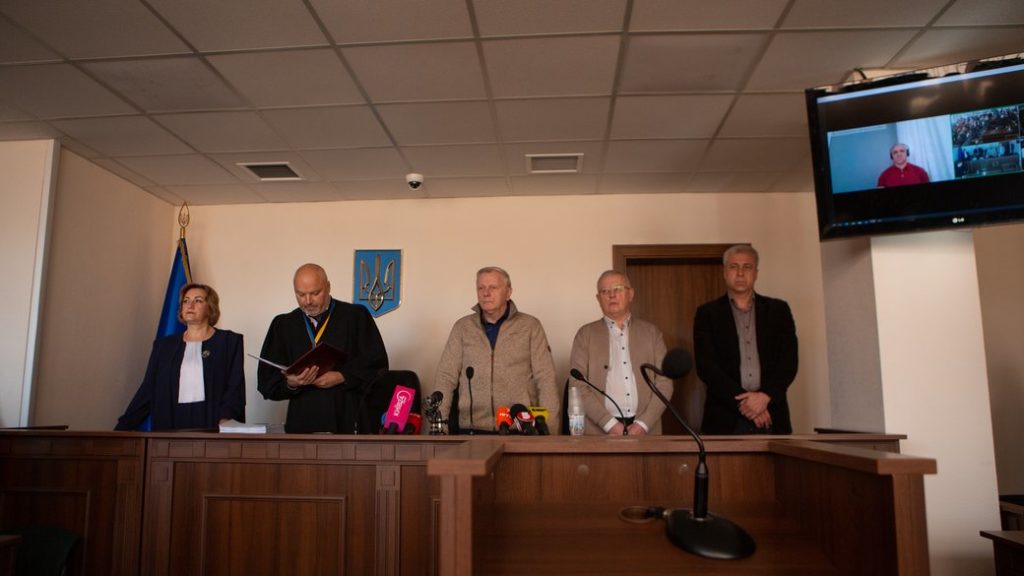
This group includes the deputy regiment commander, Oleh Yanishevskyi, and his subordinates Pavlo Abroskin, Serhiy Zinchenko, Oleksandr Marynchenko, and Serhiy Tamtura. Only Marinchenko and Tamtura were in the courtroom; the others are no longer in Ukraine.
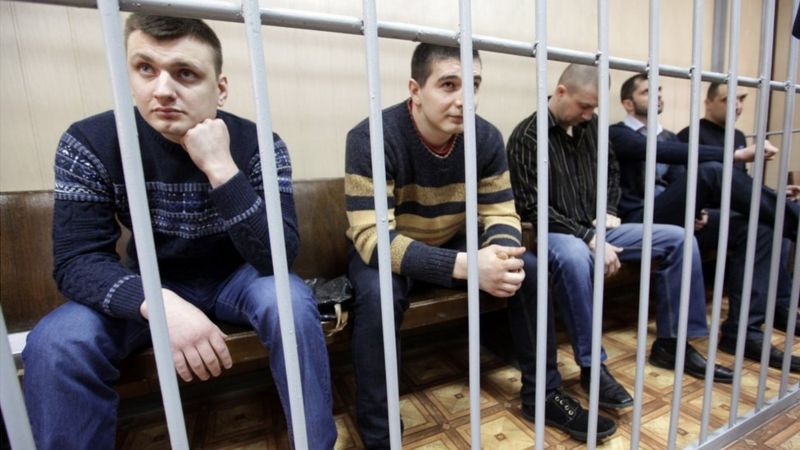
In 2019, Ukraine's contentious decision to send all five Berkut members to Russia as part of a prisoner exchange stirred up a scandal and sparked street protests.
In 2020, Tamtura and Marynchenko returned to Ukraine, eager to vindicate themselves. Initially, the case focused only on them. Subsequently, with Ukraine's adoption of a law allowing trials in absentia, the case was consolidated and extended to cover all five Berkut members.
Sentences delivered
Yanishevskyi, the deputy regiment commander, was sentenced in absentia to life in prison for murder and lost all his ranks.
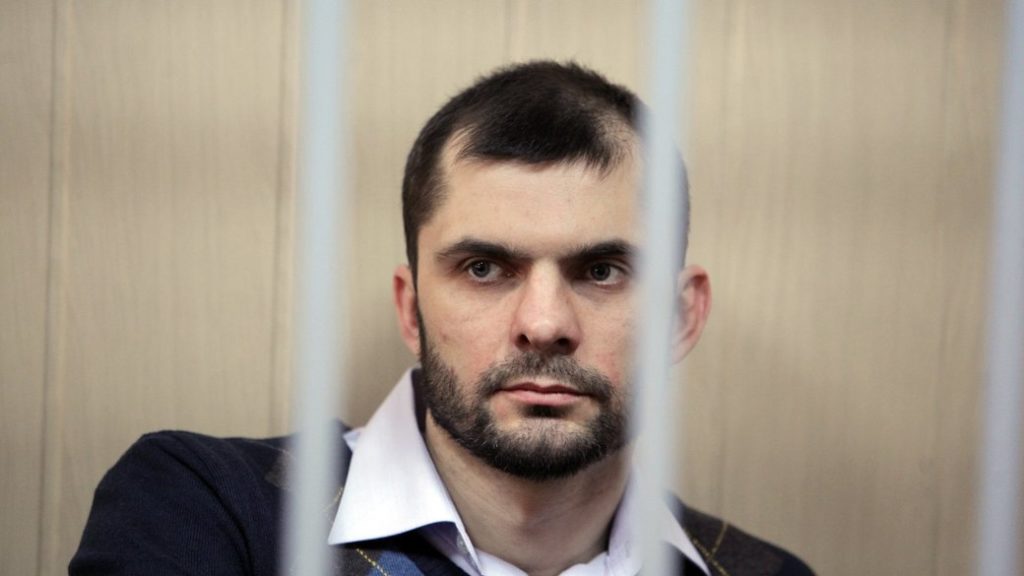
Abroskin and
Zinchenko were also tried in absentia, both receiving 15-year prison sentences for murder, with the removal of their ranks and a three-year ban on holding public office.
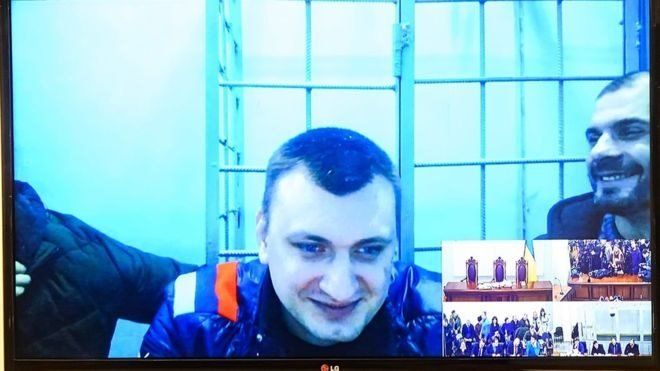
Marynchenko, a Berkut officer who remained in Ukraine, was found guilty of abuse of power, receiving a five-year prison sentence, although he has already served time in pretrial detention. Tamtura, another Berkut officer who stayed in Ukraine, was wholly acquitted.
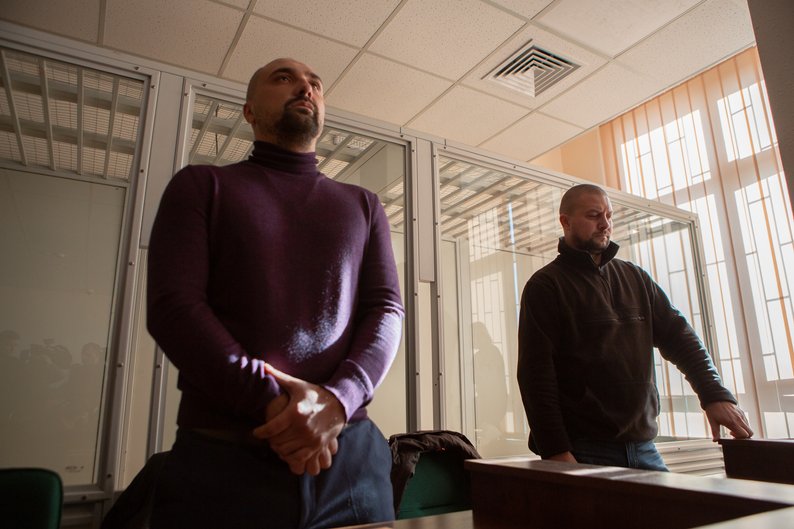
The court also issued decisions regarding compensation to the victims in the case, ranging up to 1 million hryvnias ($ 27,000) in moral damages. The verdict can be appealed within 30 days.
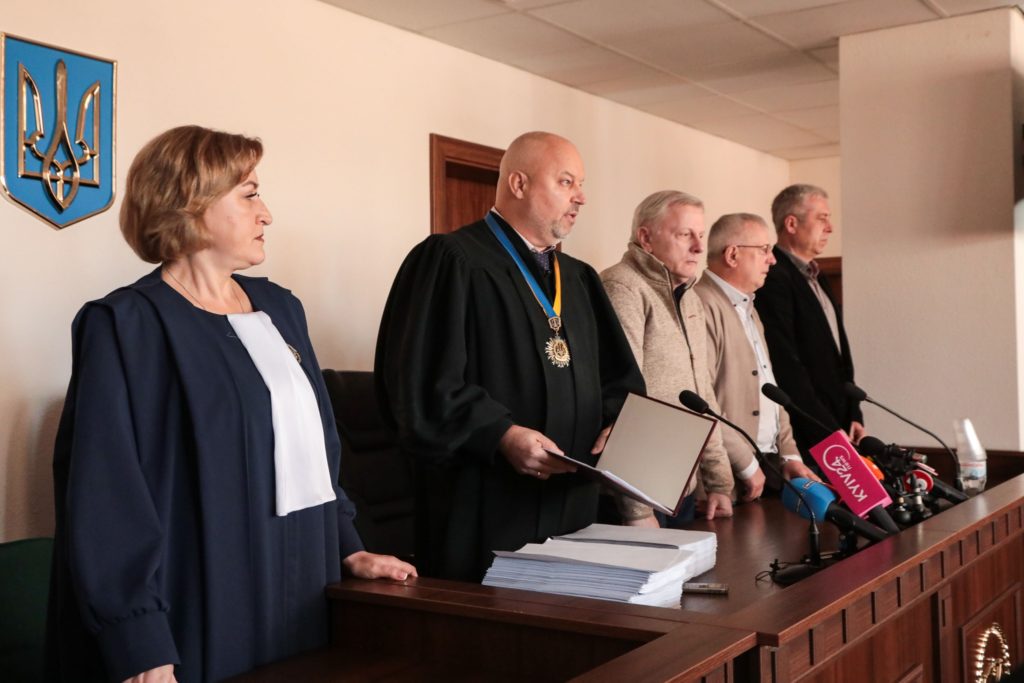
"20 February 2014 was not a peaceful protest, but the people exercising their right to revolt. It was an armed uprising against tyranny," remarked Judge Serhiy Dyachuk after the hearing.
Reactions and responses
The investigation into this case spanned almost a decade, persisting even during the full-scale Russian invasion. During this time, 320 court hearings examined 48 murder cases and 80 attempted murders. The court interrogated 245 individuals, including victims, witnesses, experts, and the accused. Nevertheless, nobody seemed content with the court's verdicts despite substantial sentences such as life imprisonment and 15 years in prison.
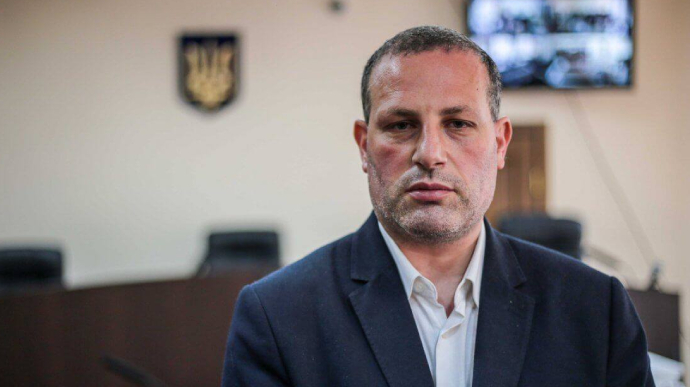
Prosecutor Oleksiy Donskyi plans to appeal the verdicts. The prosecution's primary charge was terrorism, as they believed the mass shooting on Instytutska Street aimed to instill fear. However, all five defendants were acquitted on this charge. The prosecutor also argues that a consistent approach should be applied to all the defendants.
"In our position, we did not rely on our judgments but on the ruling of the Supreme Court of Ukraine, which is binding for application. It clearly states that if there is a group of people committing a crime, it is not so important who directly committed the murder and who committed active or even passive actions. It is sufficient that it was a group that acted in concert," the prosecutor told Suspilne.
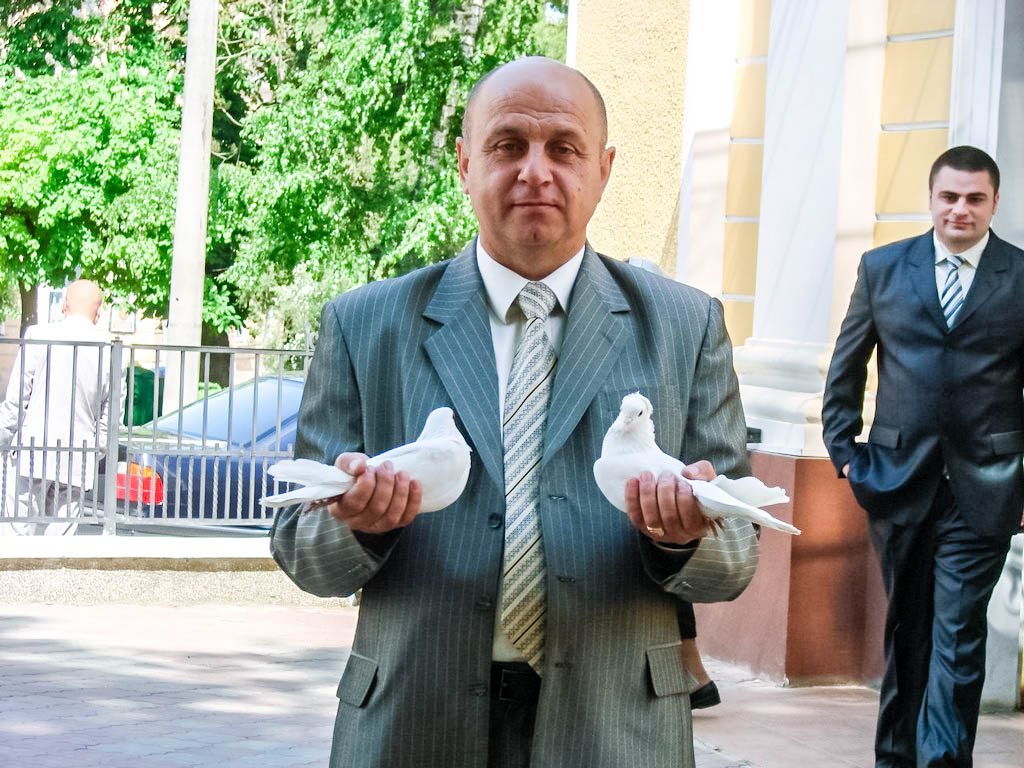
Family members of those killed during the Euromaidan protests are also dissatisfied with the court's decision. In particular, Yuriy Aksenyn, son of Vasyl Aksenyn, who died in 2014 from gunshot wounds, was present at the hearing. Yuriy said he will push for life imprisonment sentences for all the accused. Svitlana Chaplynska, the widow of Volodymyr Chaplynskyi, plans to appeal the decision, too.
"Only one person there was given a life sentence, although they all should get life sentences because those Berkut police officers all shot at people," said Svitlana Chaplynska.
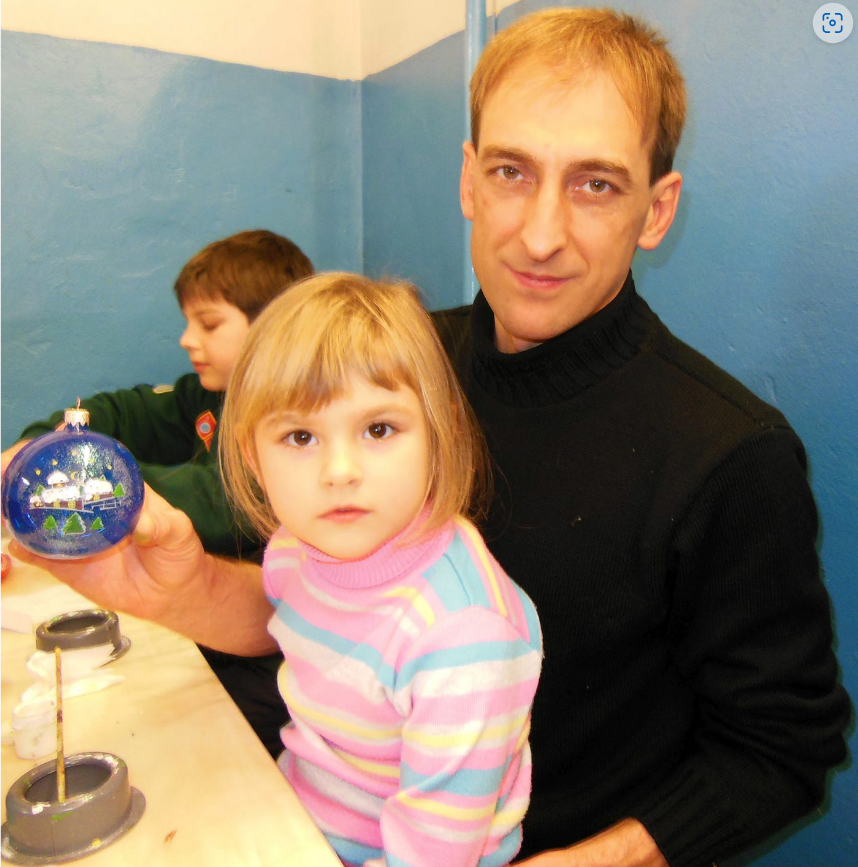
The court's decision has also dissatisfied the defense attorney, Stefan Reshko.
"Yanishevskyi was found guilty of intentional murders and sentenced to life imprisonment. There are big questions for us here, and of course, we will appeal this part of the verdict. Because during the trial, we could not identify Yanishevskyi among the many people who were seen there. But the court reached a different conclusion, so we must clarify. The same goes for Abroskin and Zinchenko," said the lawyer.
Meanwhile, the chief news editor of the Ukrainian news outlet Hromadske, Angelina Karyakina, pointed out that it seems like no one has faced genuine punishment.
"And now, who will be imprisoned: no one. At least not right now. Yanishevskyi, Abroskin, and Zinchenko are in Russia or temporarily occupied territories, exchanged for 76 [Ukrainan POWs] in 2019. Marinchenko is free under the Savchenko law. Yanishevskyi has already served nine years under this law, while Abroskin and Zinchenko have served 11 years each," Karyakina wrote.
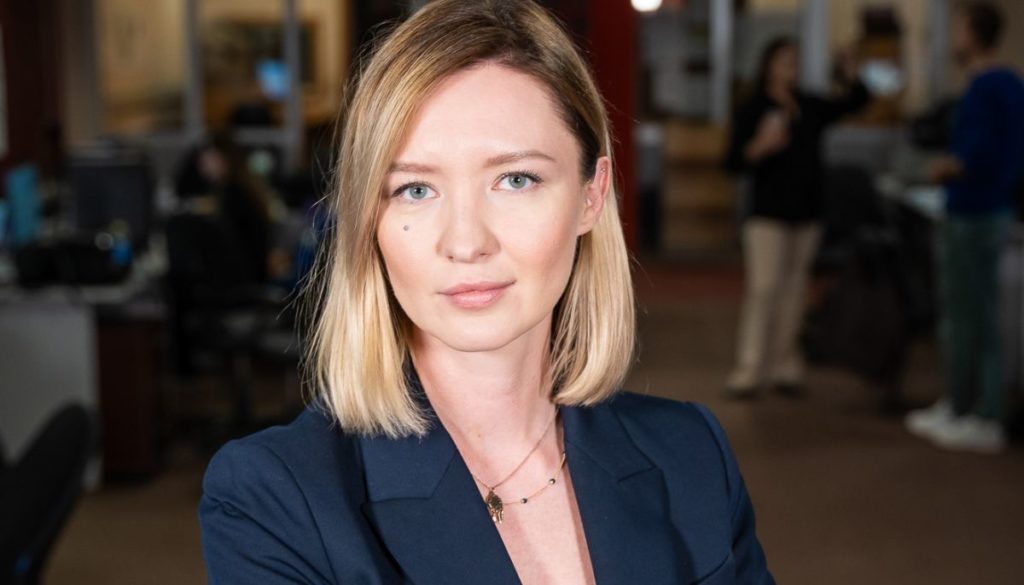
The so-called Savchenko law was adopted in 2015 and stipulated that one day spent in pre-trial detention counts as two days in prison when calculating the term of punishment by the court. It stirred controversy in Ukraine due to reported crimes by those released early under this law. In 2017, the law was abolished.
Is there no silver lining?
According to Yevheniya Zakrevska, the attorney representing the families of those who died during the Euromaidan protests, a significant outcome of this case is the clear determination that there was no involvement of any third party during the events of 20 February 2014.
"We have disproved the existence of Georgian, American, Lithuanian, Russian, and other foreign snipers. It is deeply regrettable to acknowledge, but 48 Ukrainian citizens were killed by Ukrainian policemen themselves. Without recognizing this fact, neither police reform nor future normal interactions between law enforcement and citizens will be possible," Zakrevska stated.
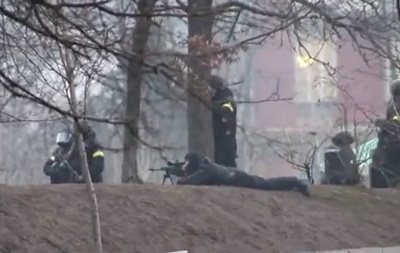
Indeed, since the mass killing of protesters, it has been widely believed in Ukraine that pro-democracy demonstrators, who had endured months of harsh weather to confront their corrupt government, were targeted by snipers from the Ukrainian riot police, possibly with the involvement of Russian agents following Vladimir Putin's orders to support Viktor Yanukovych.
"I think it wasn't just a part of the old regime that [plotted the provocation], but it was also the work of Russian special forces who served and maintained the ideology of the [old] regime," the Ukrainian than-health minister, Oleh Musiy, a doctor who helped oversee medical treatment for casualties during the protests, told the Associated Press, citing forensic evidence.
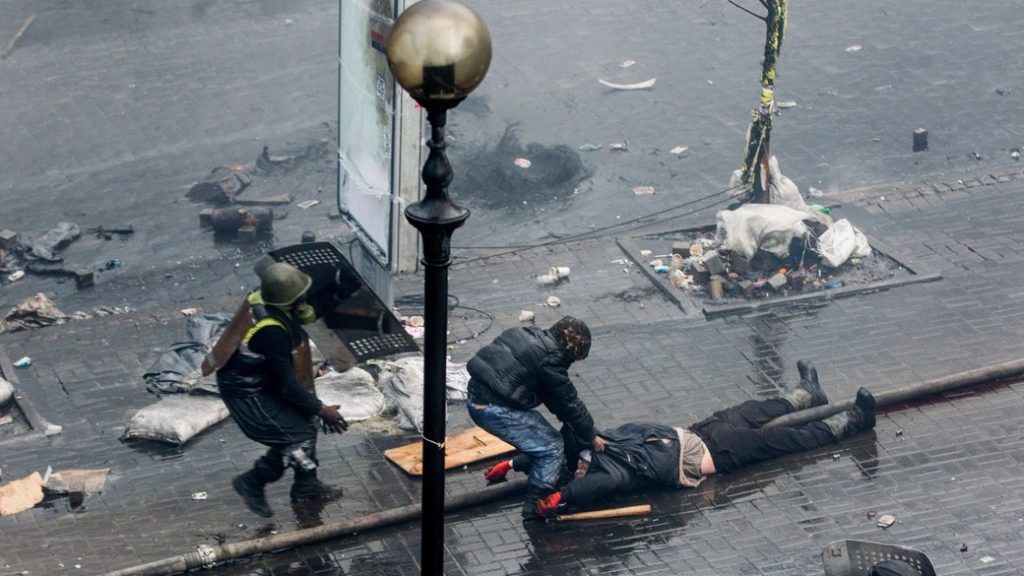
Later, The Daily Beast released photos and videos suggesting that the snipers were trained in Russia and affiliated with the Ukrainian Security Service's Alfa group.
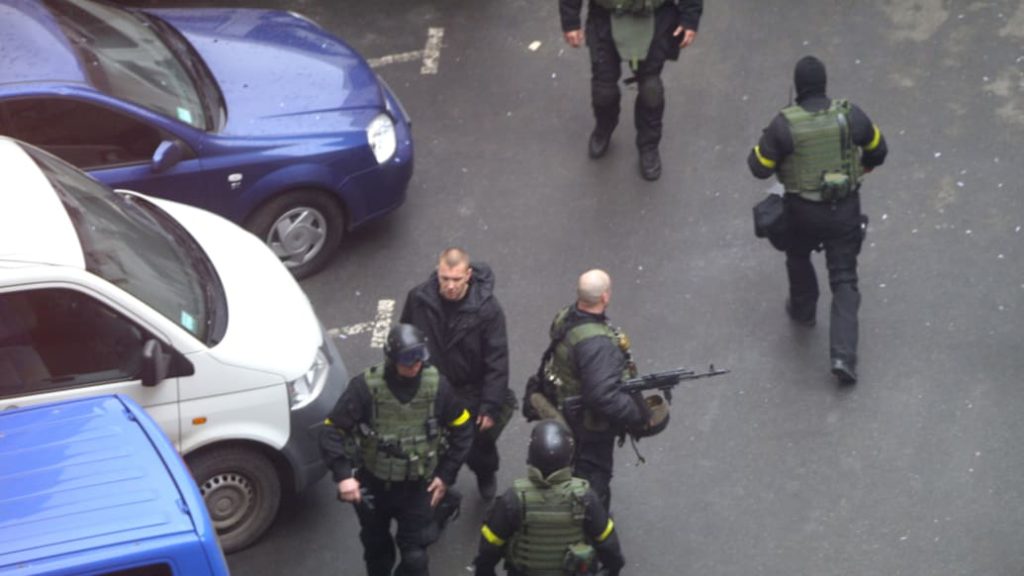
However, Vladimir Putin propagated the idea that opposition leaders orchestrated the sniper shootings, a narrative embraced by some Western pro-Russian researchers. A notable figure in this discourse, Canadian political scientist Ivan Katchanovski, bizarrely argued that almost non-existent Ukrainian neo-Nazis, in collaboration with Ukrainian oligarchs, financed the snipers to instigate a government overthrow and seize power.
“The seemingly irrational mass shooting and killing of protesters and the police on February 20 [2014] appear to be rational from the self-interest based perspectives of rational choice and Weberian theories of instrumentally rational action”, insisted Katchanovski.
However, the paper doesn't provide concrete evidence, leaving the reader to wonder about these Weberian theories. Furthermore, it takes for granted that the Ukrainian opposition exploited protesters to gain power, a conclusion that seems disconnected from the rest of the paper.
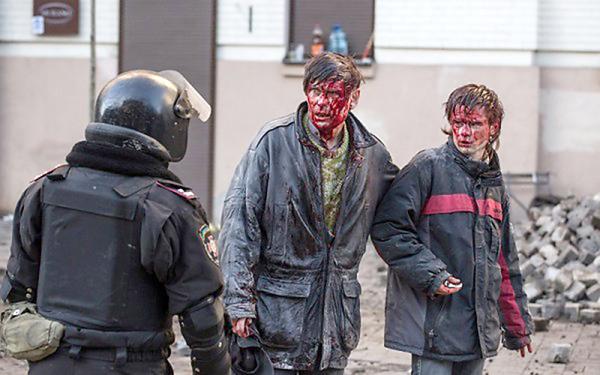
Is this the final chapter?
Despite the case's closure, Ukrainian society is left with lingering questions. A hundred unarmed protesters were shot down in broad daylight in a European capital city, but why are only four low-ranking individuals held responsible? What about those who issued the orders?
In early October 2023, the State Investigation Bureau of Ukraine concluded its extensive investigation into the former state leadership's role in organizing the dispersal and shootings of demonstrators on 18-20 February 2014.
Ten individuals were supposed to stand trial, including the then-President of Ukraine, Viktor Yanukovych, the Minister of Internal Affairs, Vitaliy Zakharchenko, the head of the Security Service of Ukraine, Oleksandr Yakymenko, the Minister of Defense, Pavlo Lebedev, and several police chiefs.
According to the investigation, they were responsible for issuing orders and decisions related to law enforcement's use of firearms, military equipment, and special means to disperse demonstrators in Kyiv. The maximum penalty for these crimes is life imprisonment.
However, investigators concede that some of the accused are suspected of hiding in Russia or occupied Ukrainian territories.
Yanukovych fled to Russia in 2014, was stripped of his presidential title in Ukraine, and convicted in absentia for state treason, resulting in a 13-year prison sentence.
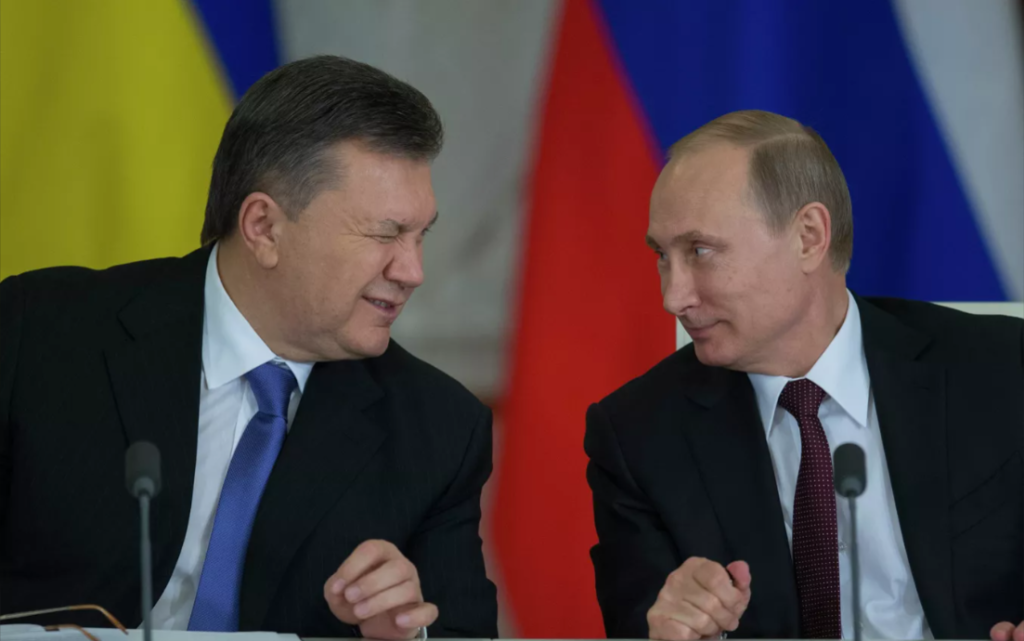
Zaharchenko also escaped to Russia, obtained Russian citizenship, and is wanted in absentia in Ukraine on charges of embezzlement within the Ministry of Internal Affairs.
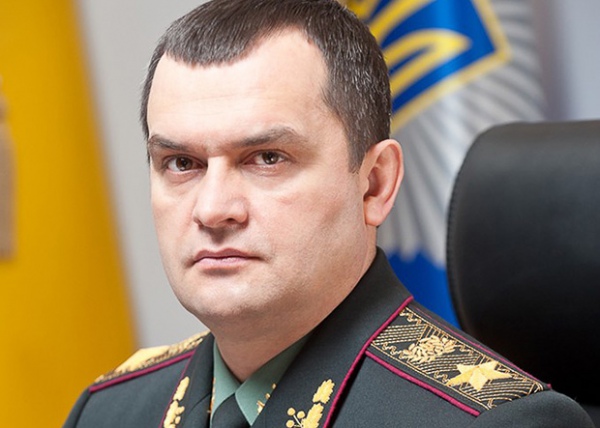
Yakymenko fled to Russia and assumed a leadership role in the Russian-installed security service in the occupied Kherson following the full-scale invasion of Ukraine. He is accused of issuing orders for the torture of individuals.
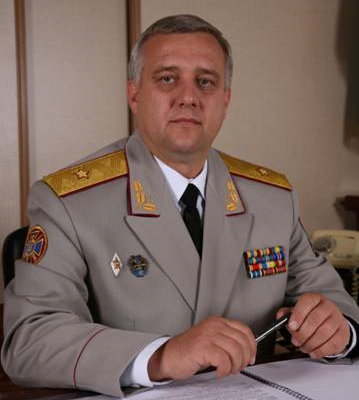
Lebedev fled to occupied Crimea, where he seems to remain.
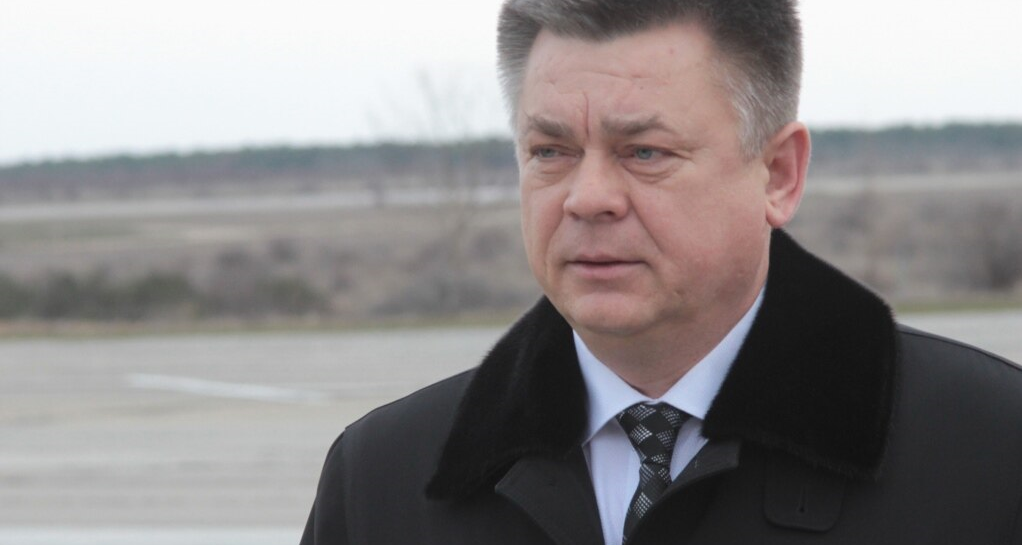
Therefore, achieving justice presents challenges.
Read more:
- What did Ukraine's Euromaidan revolution really achieve?
- 37 unique photos to remember the Euromaidan Revolution
- Lies about Ukraine's Euromaidan revolution that just won't go away
- Separating myth from reality: 6 facts on the shooting of the Euromaidan protesters
- The "Snipers' Massacre" in Kyiv
- Ex-Berkut chief suspected of organizing Euromaidan massacre now dispersing protests in Moscow





